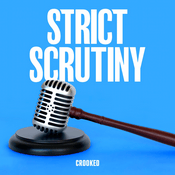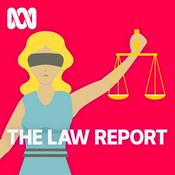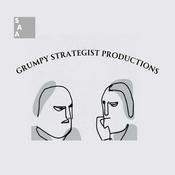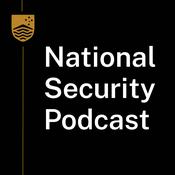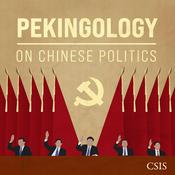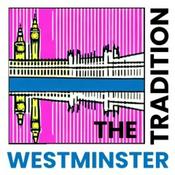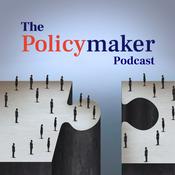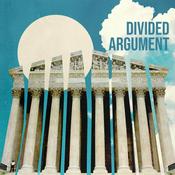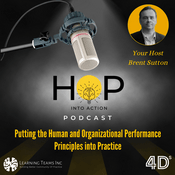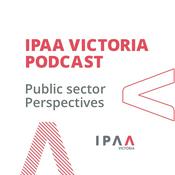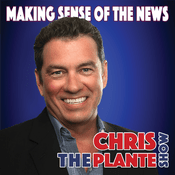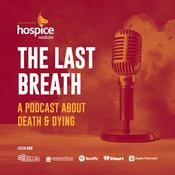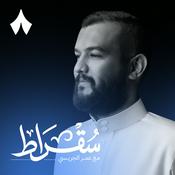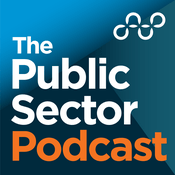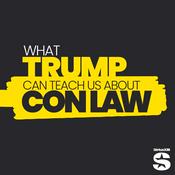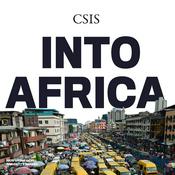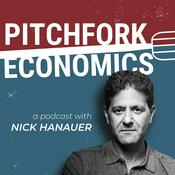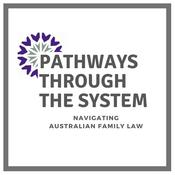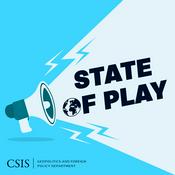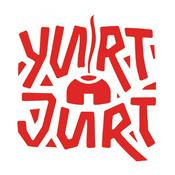27 episodes
- #ITC27: Claire Gibbs on Love and Thoms
Daniel Love and Brendan Thoms moved to Australia when small children. Each of them had an Aboriginal parent. They never, though, became Australian citizens. When they faced visa cancellation because of their criminal offending, the High Court had to the deal with the question: could an indigenous Australian be treated as an 'alien', and removed? - #ITC26: Peter Gordon on Rolah McCabe's case
Rolah McCabe had terminal lung cancer when she brought proceedings against British American Tobacco, in 2001. She did not live to see the conclusion of the case, which soon turned into a fiercely litigated dispute about document destruction by the company. - #ITC25: Laurie Levy on Levy v Victoria
From the mid-1980s, Laurie Levy waged a campaign against duck shooting. In the early to mid-1990s, the High Court began to expand on the notion of an implied freedom of political communication. In 1994, Laurie Levy was charged with unlawful entry into a duck hunting area, and his campaign and the implied freedom collided in the High Court. - #ITC24: Sue Hackney, Jim McKenna and Rufus Black on Cobaw (part 2)
In 2007, Cobaw Community Health Services tried to book a camp on Phillip Island for a weekend forum, for a group of young people identifying as same sex attracted. The camp manager said they wouldn't be welcome, because of the religious convictions of the Christian Brethren, which owned and ran the camp. The young people made a successful discrimination claim, and the camp's appeal to the Court of Appeal failed. The case raised basic questions about religious exemptions to anti-discrimination law which remain centrally important, and continue to be hotly contested. - #ITC23: Sue Hackney, Jim McKenna and Rufus Black on Cobaw (part 1)
In June 2007, a staff member at Cobaw Community Health Services, Sue Hackney, tried to book a camp on Phillip Island for a weekend forum. She was booking on behalf of a group of young people identifying as same sex attracted. The camp manager said they wouldn't be welcome, because of the religious convictions of the Christian Brethren, which owned and ran the camp. The young people, and Cobaw, brought a complaint which ventilated one of the most significant issues in Australian public life: when should religious beliefs provide an exemption from anti-discrimination law?
More Government podcasts
Trending Government podcasts
About In That Case
A podcast about public interest cases which have shaped Australia
Podcast websiteListen to In That Case, Strict Scrutiny and many other podcasts from around the world with the radio.net app
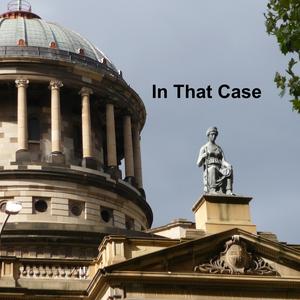
Get the free radio.net app
- Stations and podcasts to bookmark
- Stream via Wi-Fi or Bluetooth
- Supports Carplay & Android Auto
- Many other app features
Get the free radio.net app
- Stations and podcasts to bookmark
- Stream via Wi-Fi or Bluetooth
- Supports Carplay & Android Auto
- Many other app features


In That Case
Scan code,
download the app,
start listening.
download the app,
start listening.


